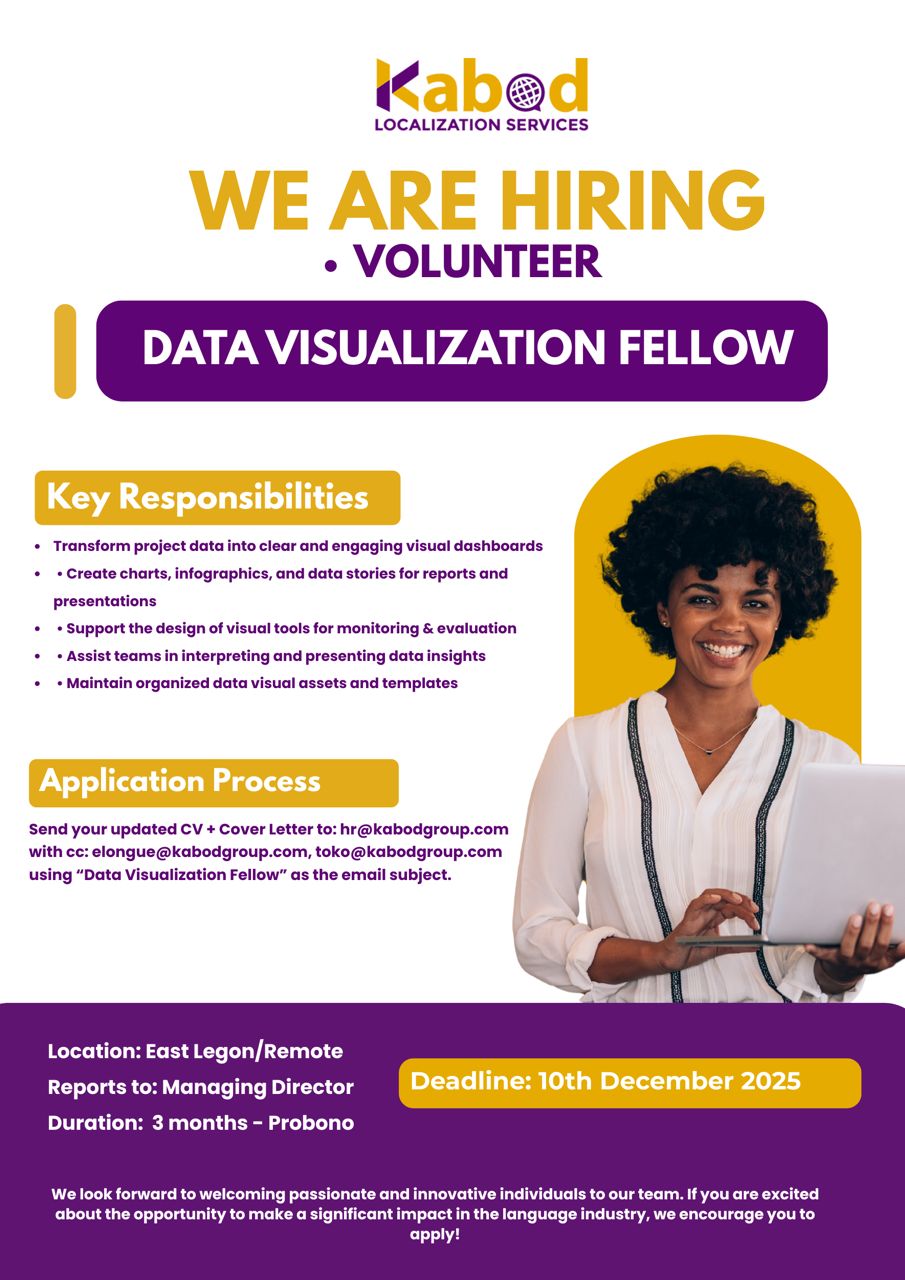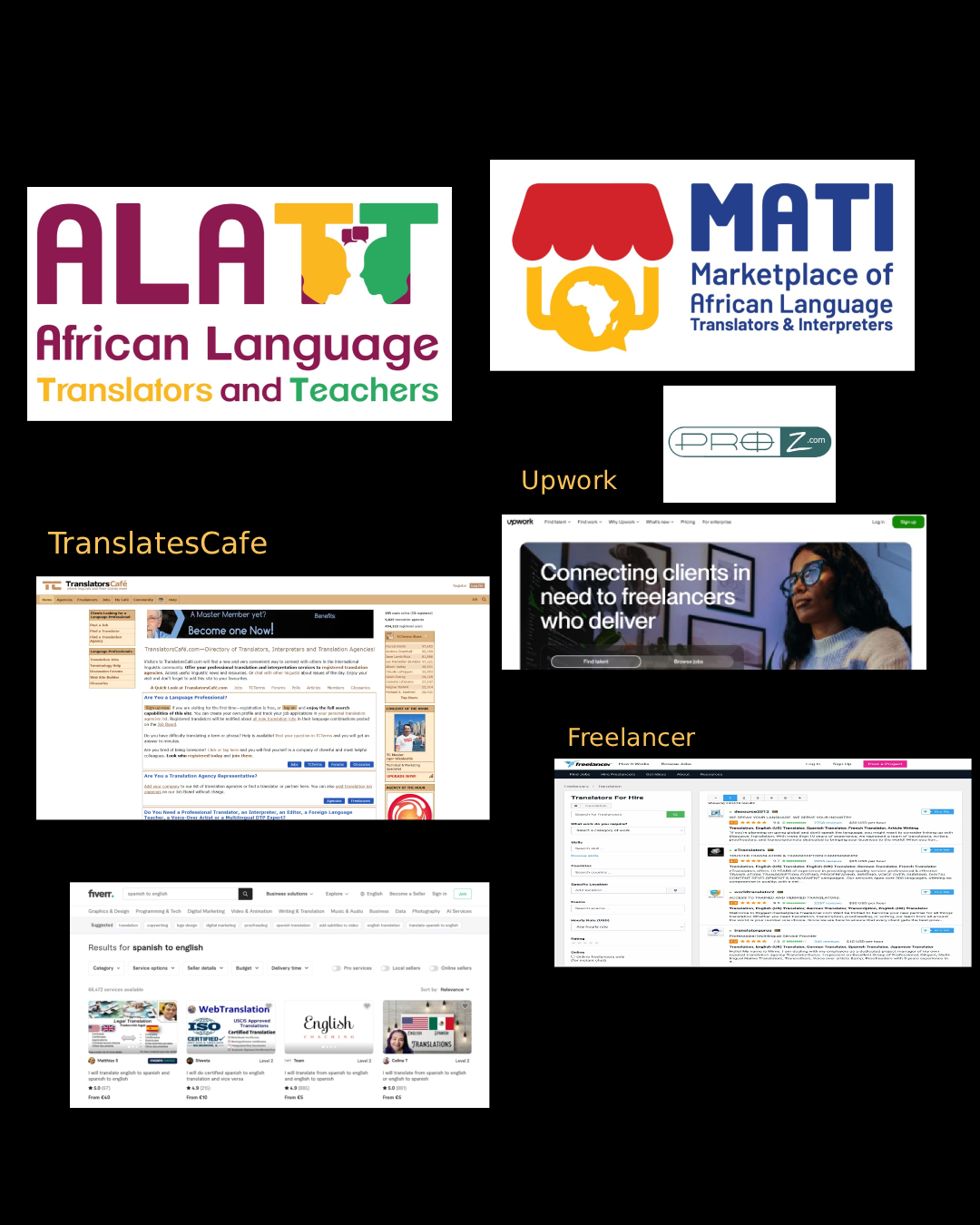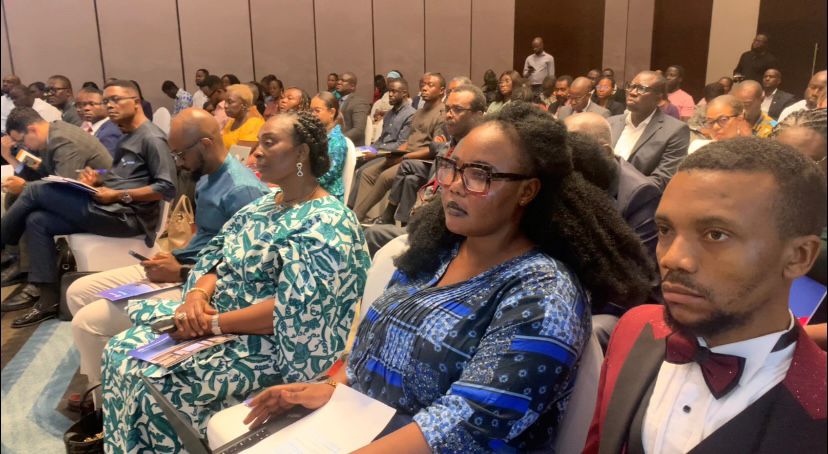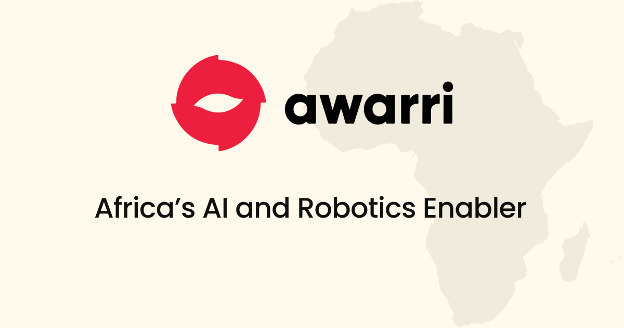
Our approach begins with communities, where native speakers with deep cultural fluency are engaged as collaborators, not just as data sources. These contributors help us capture nuance, tone, and idiomatic usage that would otherwise be invisible in globally sourced datasets. Their work is supported by expert linguists who refine guidelines and resolve ambiguities, ensuring that what we collect is both linguistically accurate and culturally authentic. Every dataset undergoes careful validation so that quality is embedded throughout the process.
The outcome is that our models do more than process language. They engage with meaning and context in a way that feels natural to the people they serve. By grounding AI in “Native Intelligence,” we create systems that are empathetic, accurate, and culturally resonant, ensuring African languages are central to the AI revolution.
2. Awarri builds technology for the African continent, which often involves innovating under unique constraints. Can you illustrate how Awarri is a “frugal innovation,” leveraging existing tools in new ways, building for scale and accessibility, or creatively sourcing or generating data?
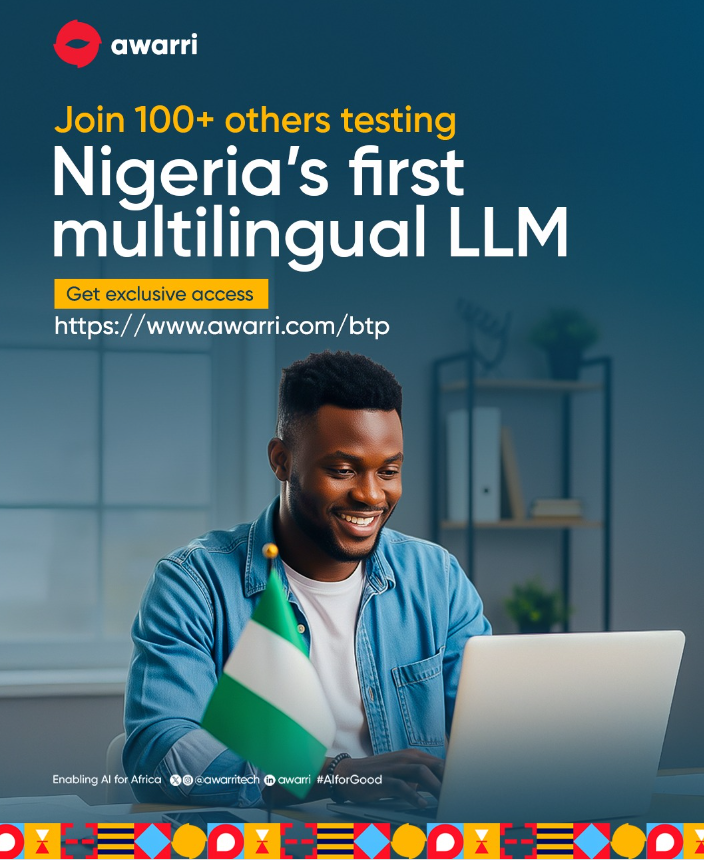
We also adapt existing frameworks and tailor them to African realities rather than attempting to reinvent everything from scratch. This allows us to direct resources toward solving the truly unique challenges of our context. By prioritizing accessibility, we build lightweight AI models that can function effectively in both high- and low-connectivity environments, ensuring the tools we develop remain practical and widely usable.
3. Considering Awarri’s work on Nigeria’s first LLM. what do you believe is the 3 most significant challenges in building large-scale generative AI models that are truly representative of Nigerian languages and cultural contexts?
Building Nigeria’s first large language model comes with significant challenges. The first is data scarcity, since, unlike English or French, where billions of tokens are readily available, Nigerian languages require careful curation almost entirely from scratch.
The second is the difficulty of representing culture in ways that go beyond literal words. Nigerian languages are rich with oral traditions, proverbs, and deeply contextual meanings that resist simple reduction to datasets. Capturing this cultural essence is one of the greatest challenges we face.
Finally, developing such large-scale models requires significant investment and strategic partnerships to access the infrastructure needed for training. These challenges inspire us to innovate continuously while deepening collaboration both locally and internationally.
4. Describe how you are currently managing the expectations of and communicate effectively with different stakeholder groups to achieve your goals
While we do not provide data to international clients, our work requires us to balance two very different sets of stakeholders: local communities and international clients.
With communities, our approach is built on trust, transparency, and fair compensation. We explain why their contributions matter and how their data will be used, ensuring they feel ownership over the process rather than being treated as mere suppliers.
With international clients, the focus shifts toward compliance, data security, and quality assurance. This is evident in our end-to-end multimodal data annotation services provided locally and internationally.
5. Your tenet of being ‘Ethical & Fair’ also includes a commitment to paying a living wage to data contributors. In an industry often critiqued for exploitative practices, how do you structure this ethically-founded business model, and how can other technology companies and LSPs in Africa adopt similar principles to build a more sustainable and equitable ecosystem?
Our business model is structured around fairness. We aim for livable wages as against minimum wage. This is because we believe that showing them that fair pay produces higher quality results and stronger engagement. For us, African language contributors are not cheap labor but rather experts whose cultural knowledge is a premium asset.
We believe the wider ecosystem will only become sustainable when this perspective is widely shared. If other companies begin to see ethical pay not as a cost but as an investment, we will be closer to building a truly equitable industry.
6. LangEasy.ai project relies on community contribution. How do you engage with and incentivize local communities to actively participate in contributing their voice and language skills to your AI project? What would make you trust a similar project with your data?
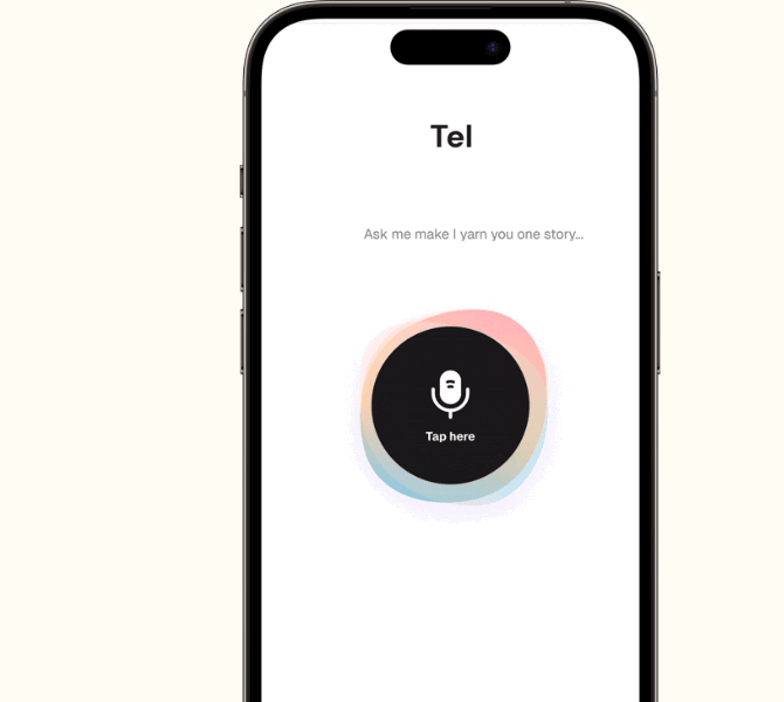
7. Could you share specific case studies or pilot projects that demonstrate how this LLM can be leveraged by local translators, content creators, or businesses to solve a real-world problem, such as accelerating localization or creating educational content in indigenous languages?
A good example is N-ATLAS, Nigeria’s first open-source multilingual large language model which Awarri developed in partnership with the Federal Government of Nigeria. N-ATLAS was designed to understand and generate content in multiple Nigerian languages, creating a foundation for translators, content creators, and businesses to build on. This confirms not only the technical viability of the model but also the real demand for language technologies that are rooted in African realities.
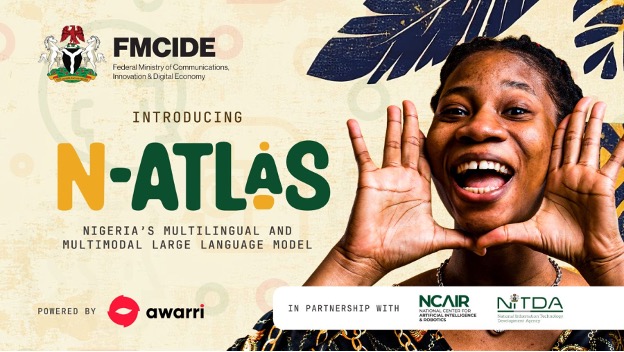
In fact, some leading telcos and banks have begun integrating it to enhance their customer service systems, allowing them to engage more effectively with clients in local languages. Beyond that, we have received strong interest from the developer community, with many requests for access to build solutions on top of the model. These range from translation tools to creative applications that we believe will further expand the ecosystem of African-language AI. What excites us most is that the demand is not hypothetical; it is active, diverse, and growing.
8. Looking ahead, how do you envision the collaboration between deep-tech AI companies like Awarri and traditional Language Service Providers? What new service offerings or business models do you foresee emerging from this synergy to better serve the pan-African market?
AI brings scale, speed, and automation, while LSPs bring deep linguistic expertise and cultural understanding. I foresee new service models where LSPs deploy AI-powered workflows for real-time subtitling, automated localization, and multilingual content creation, but always with the human touch that ensures accuracy and resonance.
Together, we can create a market that is globally competitive while ensuring no African language is left behind. Thank you !

